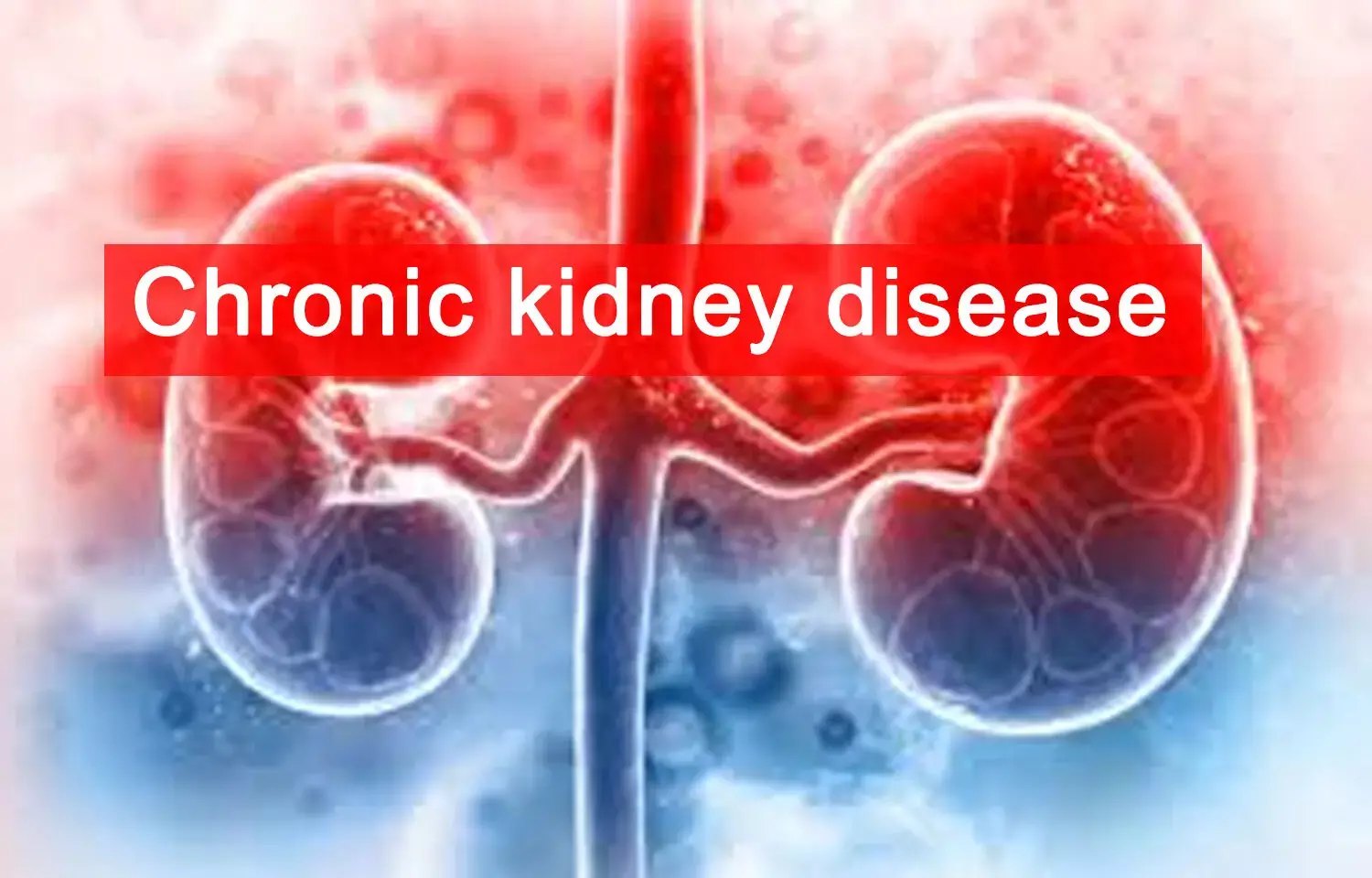- Home
- Medical news & Guidelines
- Anesthesiology
- Cardiology and CTVS
- Critical Care
- Dentistry
- Dermatology
- Diabetes and Endocrinology
- ENT
- Gastroenterology
- Medicine
- Nephrology
- Neurology
- Obstretics-Gynaecology
- Oncology
- Ophthalmology
- Orthopaedics
- Pediatrics-Neonatology
- Psychiatry
- Pulmonology
- Radiology
- Surgery
- Urology
- Laboratory Medicine
- Diet
- Nursing
- Paramedical
- Physiotherapy
- Health news
- Fact Check
- Bone Health Fact Check
- Brain Health Fact Check
- Cancer Related Fact Check
- Child Care Fact Check
- Dental and oral health fact check
- Diabetes and metabolic health fact check
- Diet and Nutrition Fact Check
- Eye and ENT Care Fact Check
- Fitness fact check
- Gut health fact check
- Heart health fact check
- Kidney health fact check
- Medical education fact check
- Men's health fact check
- Respiratory fact check
- Skin and hair care fact check
- Vaccine and Immunization fact check
- Women's health fact check
- AYUSH
- State News
- Andaman and Nicobar Islands
- Andhra Pradesh
- Arunachal Pradesh
- Assam
- Bihar
- Chandigarh
- Chattisgarh
- Dadra and Nagar Haveli
- Daman and Diu
- Delhi
- Goa
- Gujarat
- Haryana
- Himachal Pradesh
- Jammu & Kashmir
- Jharkhand
- Karnataka
- Kerala
- Ladakh
- Lakshadweep
- Madhya Pradesh
- Maharashtra
- Manipur
- Meghalaya
- Mizoram
- Nagaland
- Odisha
- Puducherry
- Punjab
- Rajasthan
- Sikkim
- Tamil Nadu
- Telangana
- Tripura
- Uttar Pradesh
- Uttrakhand
- West Bengal
- Medical Education
- Industry
TAVR associated with improved kidney function in aortic stenosis patients: Study

USA: Chronic kidney disease (CKD) stage is more likely to improve than worsen in severe aortic stenosis patients with renal disease undergoing TAVR, according to findings from PARTNER trials. The findings of the study are published in the Journal of the American College of Cardiology.
There is poor understanding on the effect of transcatheter aortic valve replacement (TAVR) on kidney function stage in aortic stenosis patients. Robert J. Cubeddu, Cardiovascular Medicine, Heart and Vascular Institute, Cleveland Clinic Weston, Weston, Florida, and colleagues hypothesized that in some patients, TAVR results in improved kidney function by alleviating cardiorenal syndrome.
The researchers aimed to assess change in CKD stage following TAVR, ideentify variables associated with pre- and post-TAVR estimated glomerular filtration rate (eGFR), and assess association of post-TAVR eGFR with mortality.
The study included 5,190 patients receiving TAVR in the PARTNER (Placement of Aortic Transcatheter Valves) 1, 2, and PARTNER 2 S3 trials between April 2007 and October 2014.
The researchers assessed Pre-TAVR and procedural variables associated with post-TAVR eGFR, change in CKD stage at ≤7 days post-TAVR, and association of post-TAVR eGFR on intermediate-term mortality.
Key findings of the study include:
- At baseline, CKD stage ≥2 was present in 91% of patients.
- CKD stage either improved or was unchanged following TAVR in the majority of patients (77% stage 1, 90% stage 2, 89% stage 3A, 94% stage 3B, and 99% stage 4).
- Progression to CKD stage 5 occurred in 1 (0.035%) of 2,892 patients within 7 days post-TAVR.
- Of 3,546 patients in whom data were available, 70 (2.0%) underwent post-TAVR dialysis.
- Higher pre-TAVR eGFR and transfemoral approach were strongly associated with higher post-TAVR eGFR.
- Lower baseline and longitudinal post-TAVR eGFR were associated with lower intermediate-term survival.
"In patients with severe aortic stenosis undergoing TAVR, even with baseline impaired eGFR, CKD stage is more likely to stay the same or improve than worsen," wrote the authors. "Aortic stenosis may contribute to cardiorenal syndrome that improves with TAVR."
Reference:
The study titled, "Impact of Transcatheter Aortic Valve Replacement on Severity of Chronic Kidney Disease," is published in the Journal of the American College of Cardiology.
DOI: https://www.jacc.org/doi/abs/10.1016/j.jacc.2020.07.048
Dr Kamal Kant Kohli-MBBS, DTCD- a chest specialist with more than 30 years of practice and a flair for writing clinical articles, Dr Kamal Kant Kohli joined Medical Dialogues as a Chief Editor of Medical News. Besides writing articles, as an editor, he proofreads and verifies all the medical content published on Medical Dialogues including those coming from journals, studies,medical conferences,guidelines etc. Email: drkohli@medicaldialogues.in. Contact no. 011-43720751


